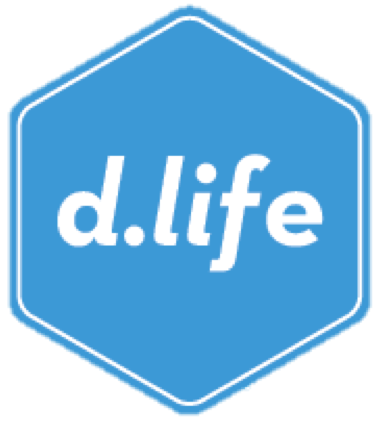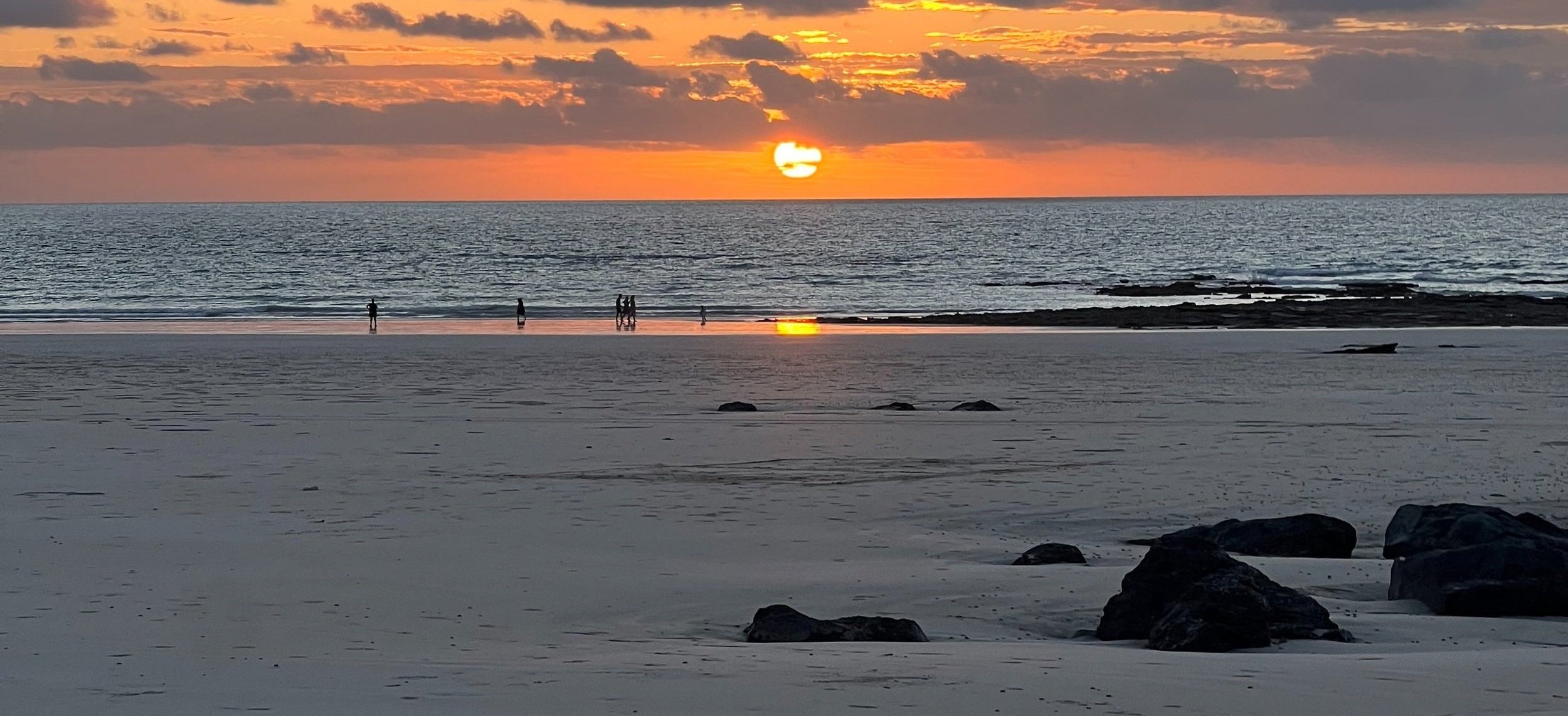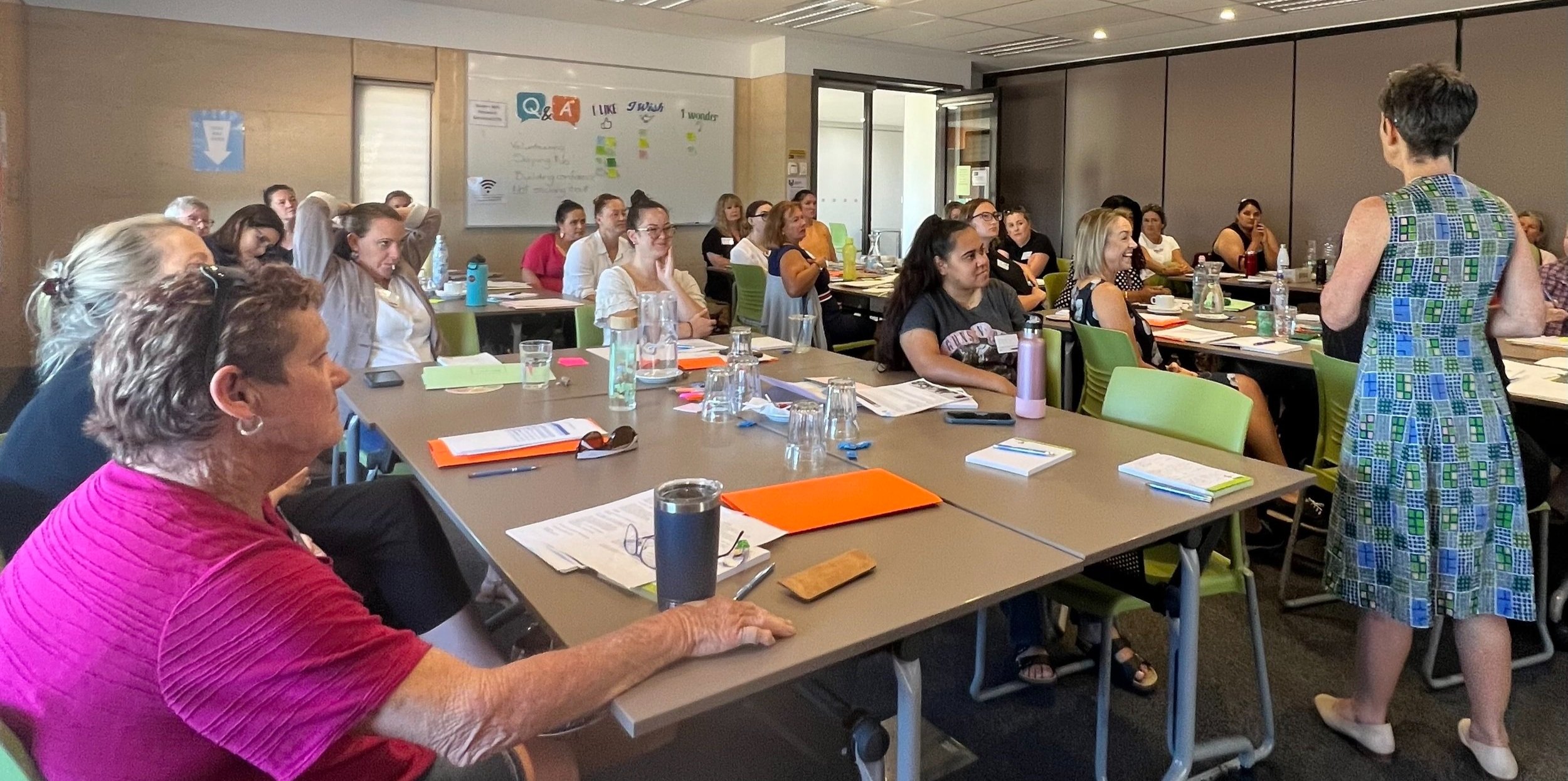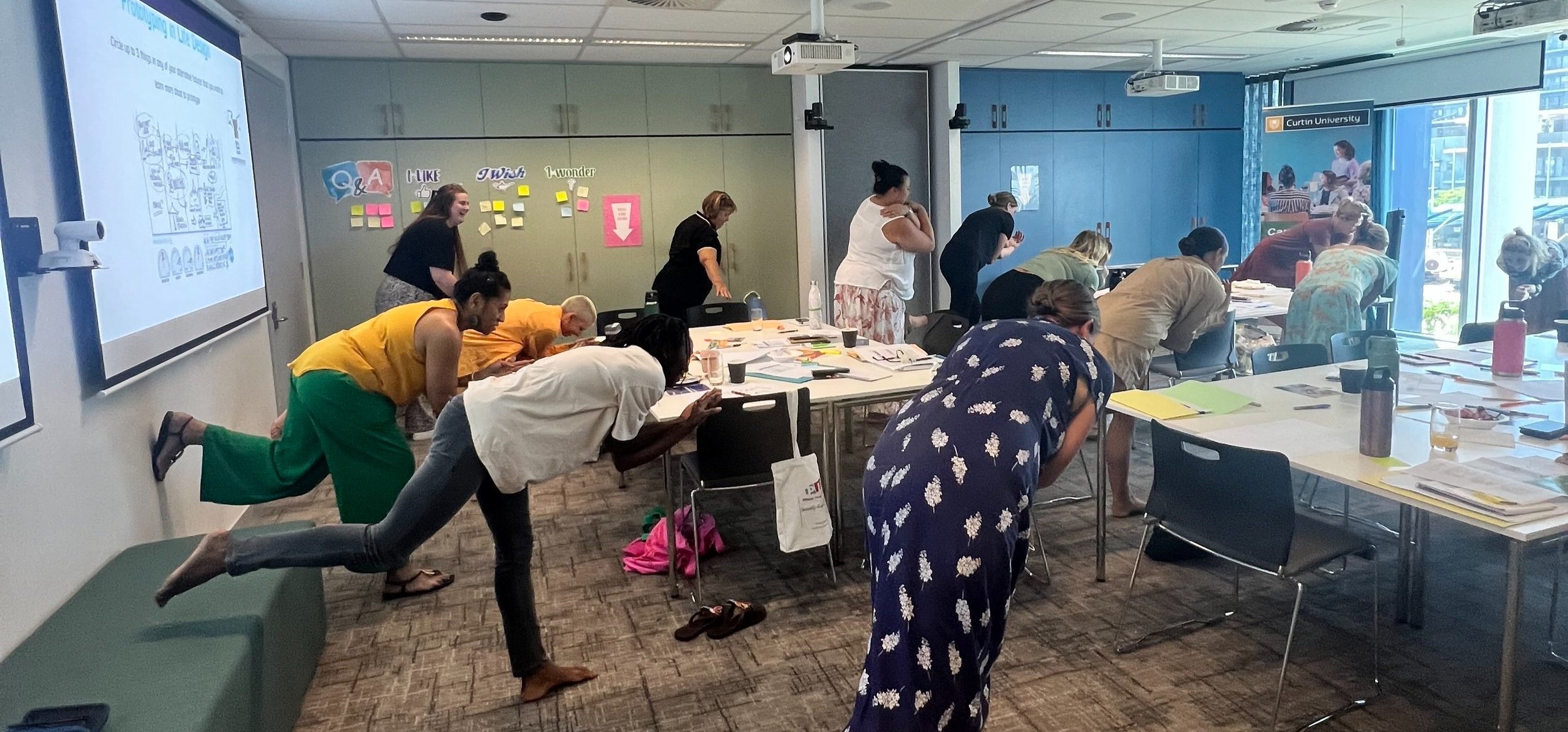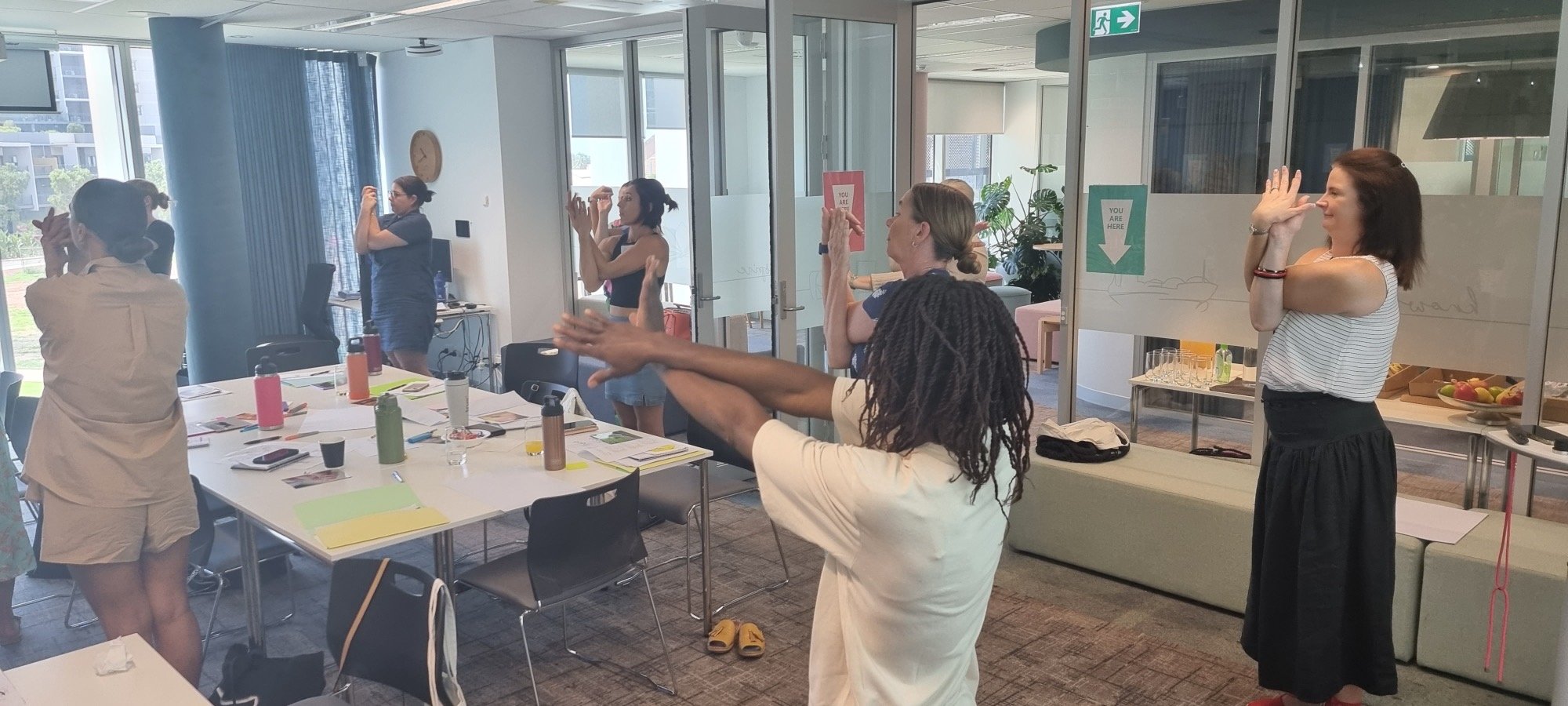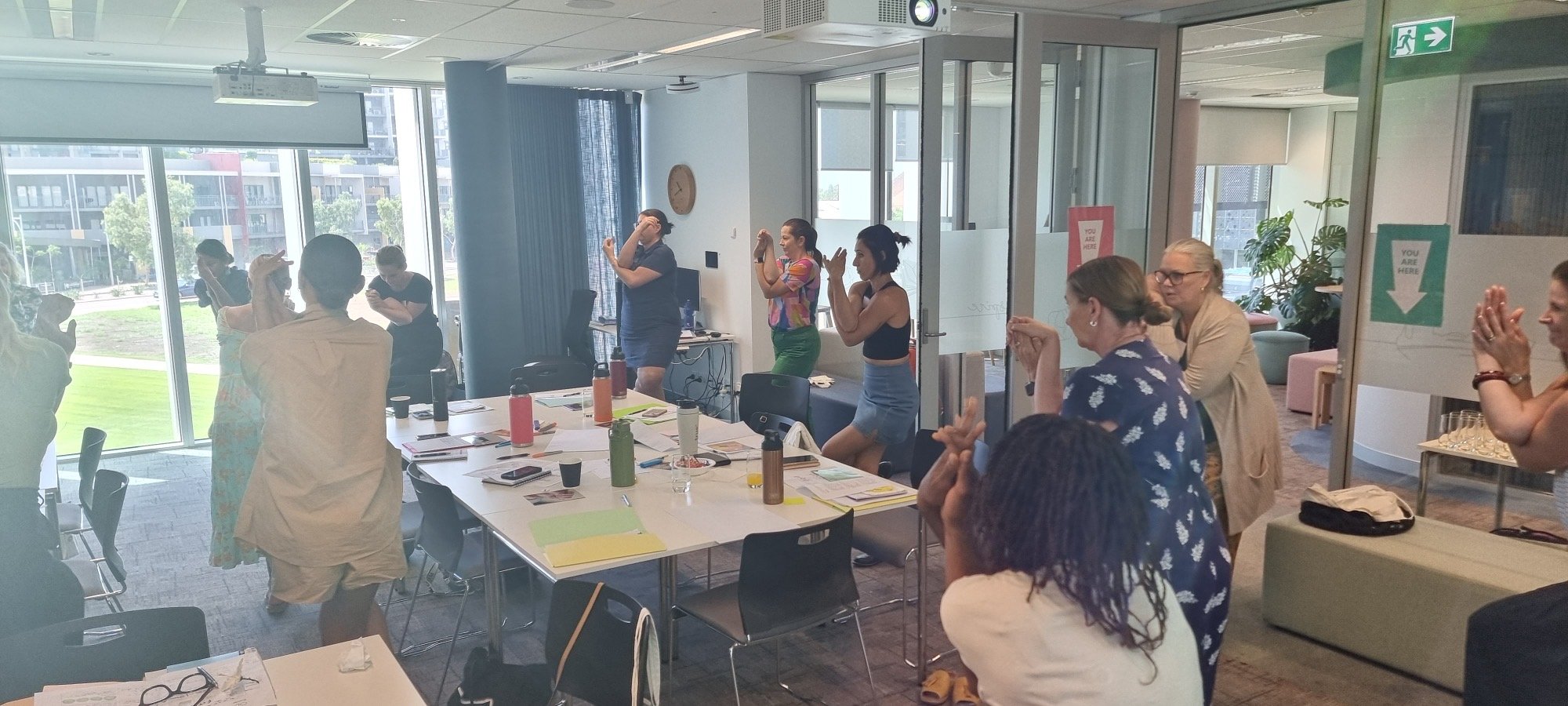Equipping Regional, Remote and Rural Western Australian Women with Life Design Tools
Curtin University and the Rural, Regional and Remote Women’s Network
Western Australia is one of the most isolated areas in the world, with much of the area considered to be rural, regional and/or remote. It accounts for almost a third of Australia’s total area, covering approximately 2.5 million kms. The vast majority of the state’s population of 2.8 million live in the capital city of Perth leaving the remainder of the area extremely sparsely populated. Western Australia is also a resource state, with the major economy driven by oil, gas and mineral extraction. Small businesses, community-based organisations and not for profit agencies often struggle economically in the regional locations.
In early 2022, Curtin University was awarded a grant from the National Career Institute to facilitate a program focused on the career sustainability and economic empowerment for Rural, Regional and Remote (RRR) women. The aim of the program was to provide RRR women with the tools, capabilities and knowledge to take ownership of their careers as a pathway to short- and long-term career sustainability and economic independence. A team of three, Life Designers (Studio participants from 2018)(all women) worked with an industry partner (RRR Women’s Network of WA) to facilitate a series of targeted workshops across WA.
A total of 7 workshops, attended by 120 RRR women across a total of 10,700km were conducted! Workshop locations were selected on the basis of the lack of access women had in these areas to attend training due to the remoteness of the locations: Kalgoorlie, Broome, Albany, Geraldton, Narrogin and Karratha. Bunbury was also included due to demand from that region (located 168 kms from Perth and a sub-regional centre). Participants represented significant diversity, not only geographically and demographically, but in career experiences: Indigenous-First Nations women, immigrants, recent graduates, career encore embracers and those close to retirement from the paid workforce. Whilst many of the women worked in the community and not-for-profit sector, a number also worked in STEM, the resources sector and agriculture. Several of the participants were also full-time carers trying to navigate pathways back into the paid workforce.
The common theme attracting all the women to the workshops was that they felt that irrespective of their age, family responsibility or work experience, they were all at a crossroads with their careers and had difficulty in navigating their future career journeys. For many, attendance at the workshops was the first time they have had the opportunity to consider their own career journeys: life and world views, the opportunity to consider careers beyond their current existence.
The program required the participants to complete the introductory micro credential ‘Designing Your Life’, developed in collaboration with Curtin and the Australian Technology Network (ATN). In this program, participants are introduced to the fundamentals of life design, the design thinking framework and Stanford creative commons, such as the compass activity.
The workshops were structured over two days and covered WA centric career framing along with content from Stages 2 and 3 of micro credential and core Stanford Life Design Lab principles. During the first workshop in Kalgoorlie (593 kms from Perth) it also become clear that there were considerable dysfunctional beliefs to be unpacked and this component was extended with the inclusion of research on imposter syndrome. Clearly, for regional women self-limiting beliefs and the lack of voice are significant touch points.
At the conclusion of the workshops, participants were eligible for credit for university entry at any one of the ATN universities.
A key aspect of the workshops was the ideation and prototyping of three futures (Odyssey Planning); a Stanford Life Design Lab activity which had a profound impact on participants. Networking and development of communities of practice was also a critical outcome, and networking events and social media pages were established during the workshops.
The most profound impact was radical collaboration – the opportunity to network and connect with each other and members of their local business community.
A community of practice has been developed and a Facebook page for the women across each of the women to engage and communicate. Many have met up socially, advertised work opportunities and one even found a community-based space where women could meet on a regular basis. Two participants are now regional ambassadors for the RRR Network.
Due to its overwhelming success, the Curtin team are now planning a ‘Pay it Forward’ initiative to further collaborate with women to expand the community of practice.
Jane Coffey, Hannah Wilkinson and Julia Richardson
Curtin University
August 2023
